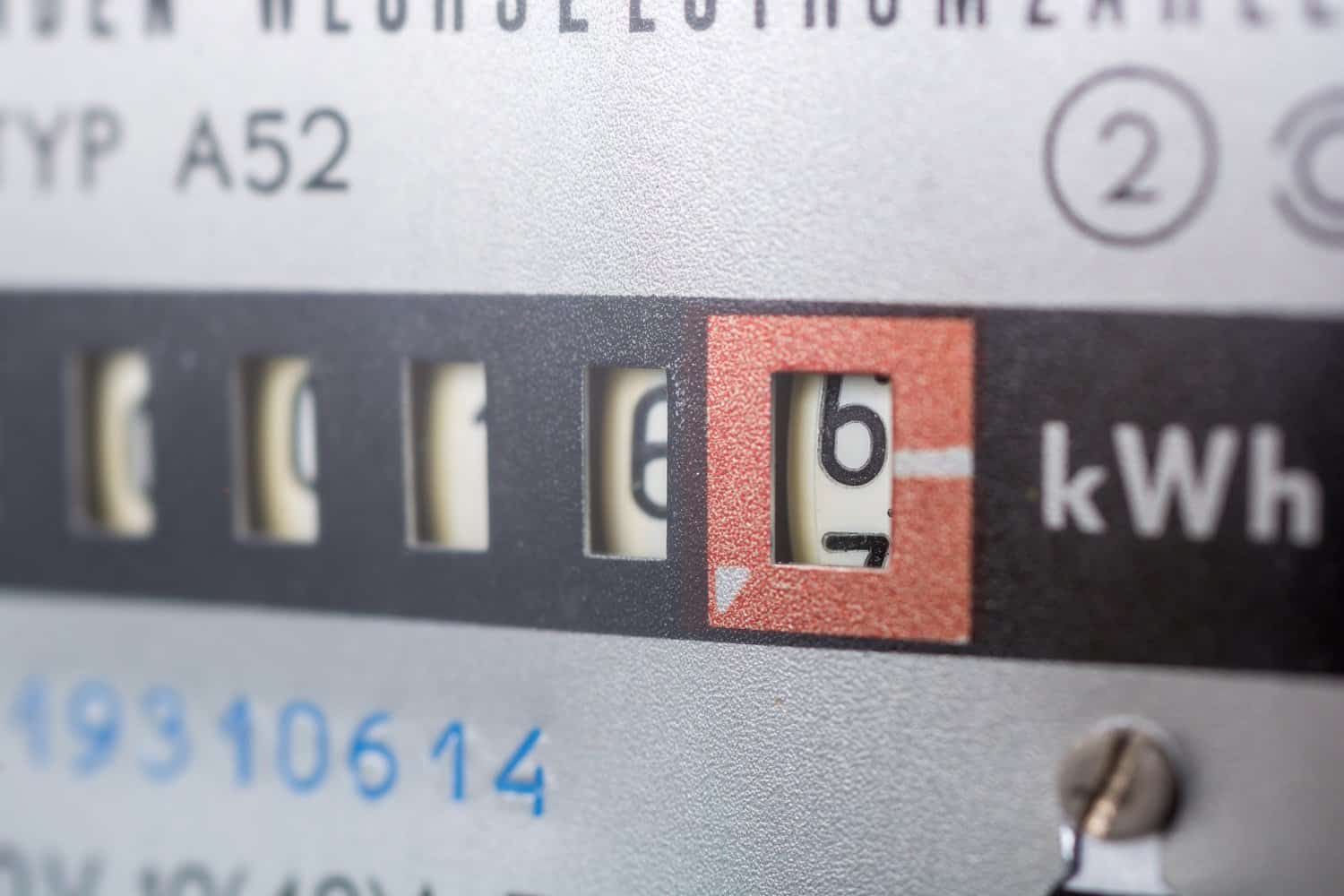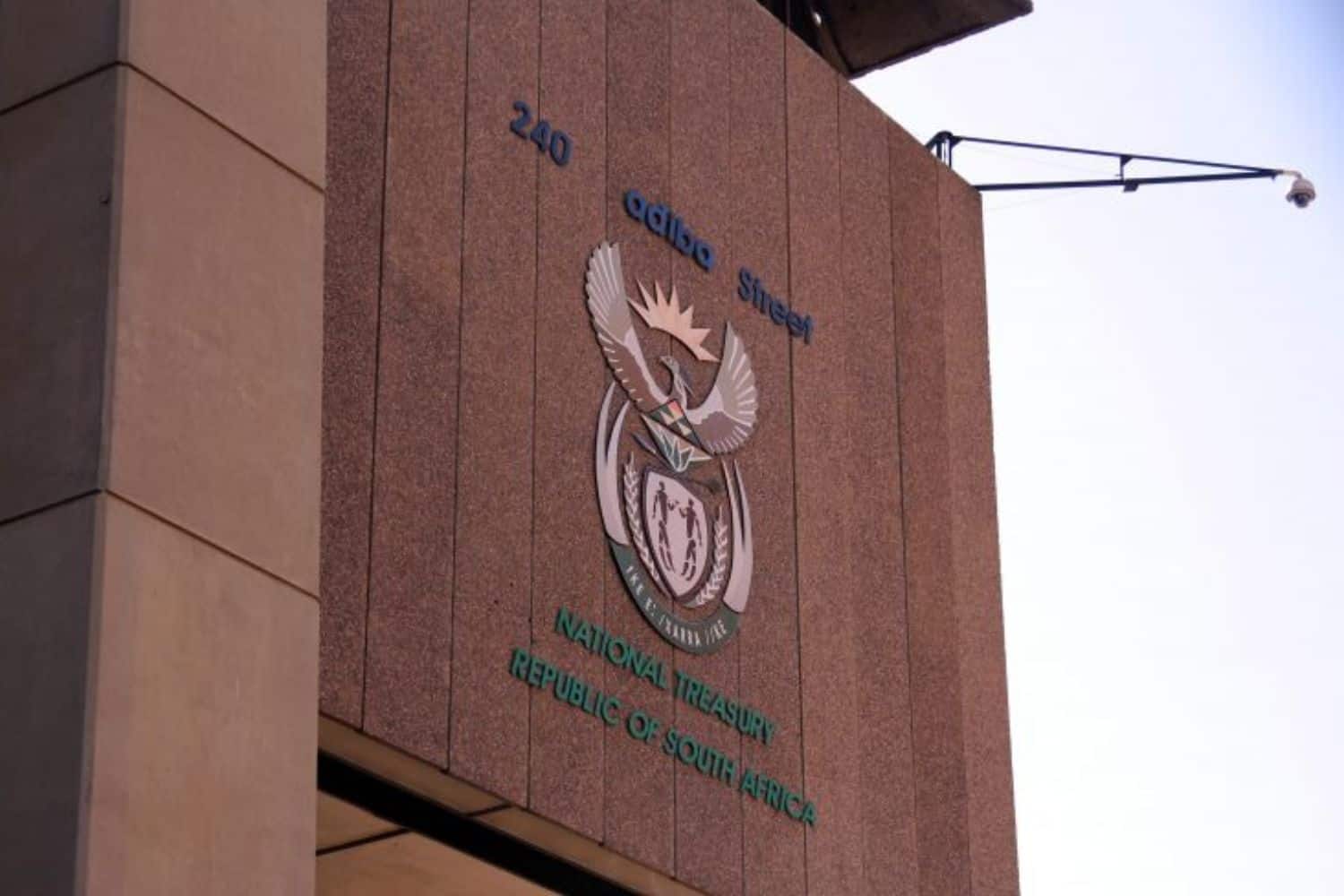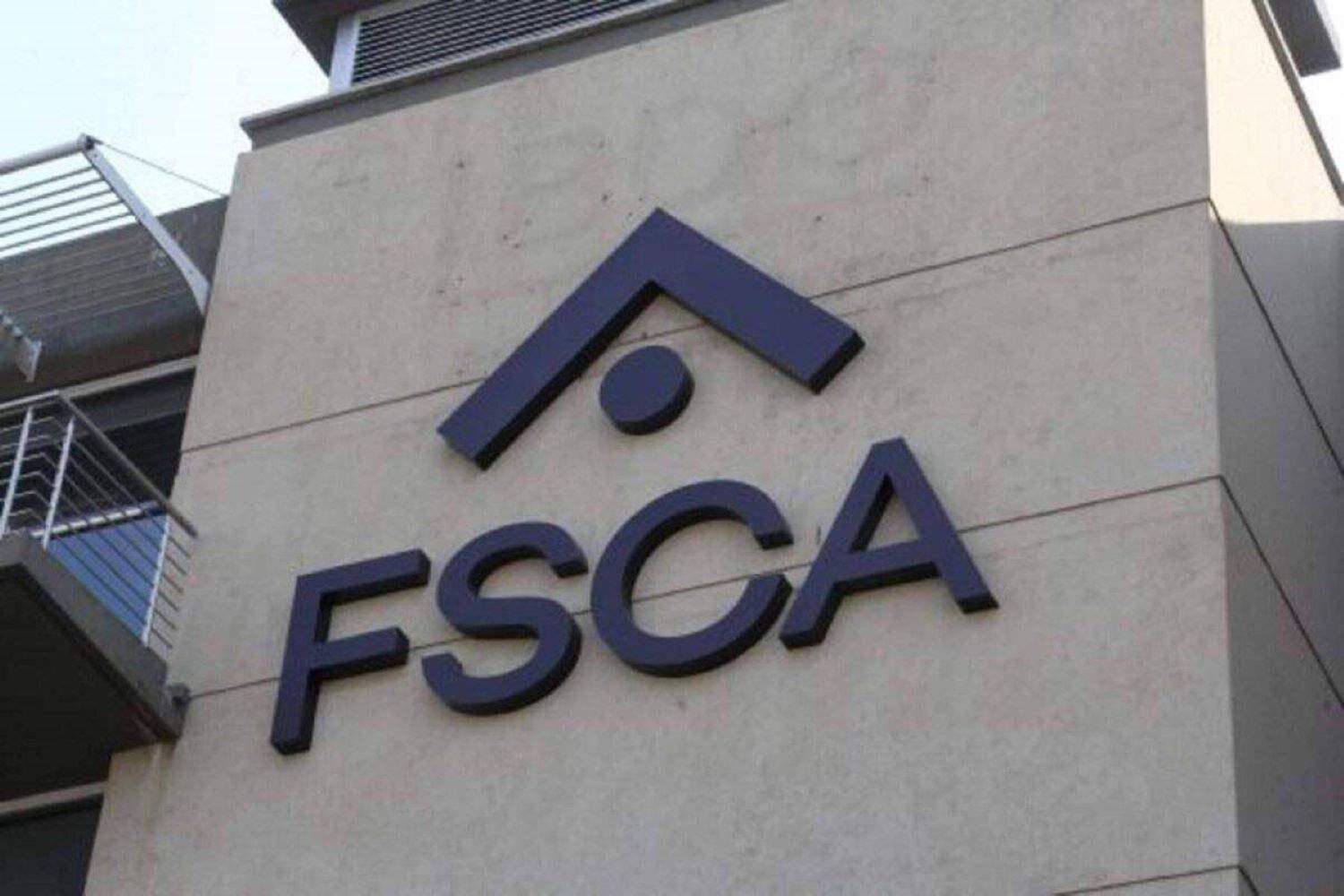Judge rules the municipality ‘bears the burden of proving the accuracy of its invoices’.
The City of Johannesburg (CoJ) has come under fire in the High Court in Johannesburg for the way it manages municipal service account disputes, alleged billing irregularities and decisions to disconnect services due to non-payment of contested charges.
Acting Judge Don Mahon said in a judgment handed down on Monday to an application by two women involved in a billing dispute with the CoJ that the CoJ “bears the burden of proving the accuracy of its invoices”.
Mahon said the women are not equipped to ascertain the correctness of the CoJ’s invoices because they lack access to the internal workings and calculations underpinning the CoJ’s billing system.
Should the two women contest the billing, the CoJ must substantiate its claims of accuracy through a proper rectification process, he said.
“This process must incorporate all necessary adjustments, as the applicants lack the information required to verify the respondent’s [CoJ’s] meter readings, calculations and internal systems that generate the invoices.
“It is only through such rectification that the respondent [CoJ] can discharge its onus and address the applicants’ concerns adequately,” he said.
ALSO READ: Court ruling exposes Johannesburg’s flawed billing system
‘Unduly literal and impractical’
Mahon stressed the rectification of the municipal account involves far more than a simple recalculation of a debt.
“It requires a comprehensive consideration of multiple factors, including the applicable service or tariff, whether accurate meter readings were taken, whether the meters in question were functioning properly or correctly calibrated, and whether the appropriate tariff was applied to the readings.
“This complexity goes beyond a mere mathematical adjustment and necessitates a detailed evaluation by the City,” he said.
Mahon further stated that the contended CoJ requirement for consumers to specify an exact disputed amount is unduly literal and impractical because consumers may not always have the ability to precisely quantify disputed amounts when the necessary information resides within the municipality’s control.
“Such a standard would unfairly preclude consumers from lodging valid disputes, especially when amounts may vary monthly, thereby creating an unworkable situation where disputes would need to be re-lodged every billing cycle.
“Instead, a dispute should be considered valid if it is reasonably ascertainable and sufficiently specific, even if couched in broader terms.
“While this does not permit vague or insubstantial complaints to be classified as disputes, an overly rigid or legalistic approach would not be appropriate,” he said.
ALSO READ: High Court slaps COJ with cost order in seven-year billing dispute
Background
The judgment relates to an urgent application launched by Anthea Verity Tarica and Katherine Anne Gascoigne in May 2023 against the CoJ for an order to reconnect electricity services to Tarica’s residential property in Randburg and an interim interdict preventing the CoJ from disconnecting or terminating any further services pending the finalisation of the application.
The urgent application became moot as the electricity supply was restored, and Monday’s judgment related to the two women’s entitlement to the relief sought under Part B of their application and a determination of the counter application launched by the CoJ.
In Part B of the application, the women were seeking an order directing the CoJ to open an account in Tarica’s name and to transfer all charges from the account, which was held in the name of her late husband, to her newly established account.
They were further seeking an order directing the CoJ to write off any amounts that are demonstrated to have become extinguished through prescription as at the date of the notice of motion application.
The CoJ disputed the debts prescribed and, among other things, counterclaimed for:
- Tarica to be ordered to go to the CoJ’s office within five days of the service of this counter application, and complete all the necessary documents and pay the necessary amounts required to open a consumer account in her name; and
- The granting of a declaratory order that the services consumed under the account of Tarica’s late husband be declared services consumed by Tarica, and she is liable to pay these accounts.
Tarica lodged a formal dispute with the CoJ in December 2014 after discovering that the municipal account reflected erroneous charges. These inaccuracies were attributed to faulty or non-existent electricity and water meters associated with the property.
It was alleged that the CoJ failed to address or rectify the errors in the account. Following Mr Tarica’s death, notice of the estate’s insolvency was served on the CoJ on 14 October 2022, but the CoJ failed to lodge any claim against the estate.
ALSO READ: Frustration from residents over City of Johannesburg billing anomaly disconnections
Onus on CoJ
Judge Mahon stressed the CoJ is only entitled to recover amounts that are lawfully due for actual consumption “and not for estimated or fictitious charges based on data from removed or faulty meters”.
“Accurate billing, underpinned by proper metering systems, is fundamental to the respondent’s [CoJ’s] obligations.
“The respondent [CoJ] bears the onus of proving the accuracy of the consumption charges it levies.
“This entails demonstrating that the billed consumption is based on verifiable and actual readings from meters that were correctly installed and remain operational at the property. In this case, the respondent [CoJ] has failed to discharge this burden,” he said.
ALSO READ: City of Joburg hit by billing crisis
Prescription
Turning to prescription, Judge Mahon said that given the existence of a dispute and the operation of Section 102 of the Municipal Systems Act, the CoJ is prohibited from allocating payments to the oldest amounts first.
Judge Mahon said this triggers the application of prescription, which is governed by the Prescription Act, which stipulates that debts prescribe three years after they become due unless interrupted by acknowledgment or the initiation of legal proceedings.
He said the CoJ, as the prescription creditor, bears the onus to institute legal proceedings before the completion of the prescription period and once a debt prescribes, it is extinguished and becomes legally unenforceable.
Mahon added that the legislative framework is clear that prescription operates independently of internal policies or administrative practices of municipalities and the CoJ’s reliance on its administrative policy to argue that prescription cannot apply to disputed debts is legally flawed.
He ruled that all electricity charges to the property from May 2014 that have prescribed must be written off, with any remaining amounts transferred to a new municipal account in Tarica’s name.
Judge Mahon said the women do not seek to evade their lawful obligations or derive any undue advantage. Their sole intention is to pay the amounts lawfully and accurately owed to the respondent, free from the fear of unjust service terminations.
He rejected the CoJ’s counterclaim, stressing the CoJ’s failures are the reason that disputes of this nature come before the court.
Judge Mahon said that referring the matter back to the very institution responsible for creating the problem, as suggested by the CoJ, is neither a viable solution nor in the interests of justice.
“Such an approach would only perpetuate the cycle of administrative inefficiency, leading to further delays and frustration for all parties involved,” he said.
ALSO READ: City Power has no lawful tariffs but cuts power supply
Ruling
Judge Mahon ordered:
- The CoJ to open an account for the property in Tarica’s name and directed the women and CoJ to cooperate with one another to facilitate this;
- All debits and credits in respect of charges levied by the CoJ related to the property from 5 May 2021 to date to be transferred to this new account;
- All unpaid debts from amounts charged by the CoJ for the property that became due on or before 4 May 2018 have become extinguished by prescription;
- The CoJ to rectify the municipal account/s for the property by ensuring the prescribed amounts are reflected as no longer owing; and
- The CoJ counter application dismissed with costs.
This article was republished from Moneyweb. Read the original here.














